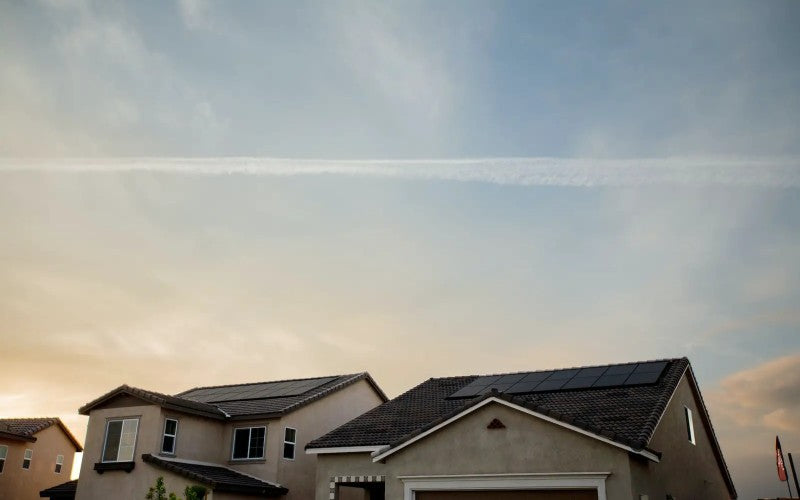
With the rising popularity of solar energy, many customers are considering the purchase of solar inverters to harness the power of the sun and convert it into usable electricity. However, a common question that arises among potential buyers is whether it is safe and efficient to leave an inverter on all the time. In this article, we will explore the different aspects of using a solar inverter and provide insights on whether you should leave it on even when you don't need electricity, how long you can run an inverter, when to turn it off, whether inverters can drain a solar panel system's battery, and if solar inverters turn off at night.
Should I Leave It On Even When I Don’t Need Electricity?
The short answer is no, you don't need to leave your solar inverter on all the time. Solar inverters are designed to automatically start and shut down based on the presence of sunlight and the demand for electricity in your home. When sunlight hits the solar panels, the inverter senses the power generated and begins converting it into usable AC electricity. Conversely, when there is no sunlight or the demand for electricity decreases, the inverter will automatically turn off to conserve energy.
How Long Can You Run an Inverter?
The run-time of a solar inverter largely depends on the capacity of the connected battery bank and the power consumption of your household appliances. In off-grid solar systems, where batteries are used to store excess energy for later use, the inverter can run for as long as the battery has stored power. For example, if you have a 10 kWh battery bank and your appliances consume 2 kWh daily, the inverter can theoretically run for approximately five days before depleting the battery.
However, it's essential to remember that continuous discharging of batteries to very low levels can reduce their lifespan. Therefore, it is advisable to recharge the batteries regularly by turning the inverter off or utilizing grid power when available.
When Do You Need To Turn Off The Inverter?
While solar inverters are designed to operate automatically, there are a few instances when it is necessary to turn them off manually:
1. Maintenance: Regular maintenance of your solar energy system is crucial for its optimal performance. If you're planning to clean the solar panels or perform any maintenance work, it is advisable to turn off the inverter to ensure safety and prevent damage.
2. Extended Absence: If you plan to be away from home for an extended period, turning off the inverter can help save energy and prolong the battery life.
3. Low Battery Voltage: In off-grid systems, if your battery voltage drops to a critically low level, it's essential to turn off the inverter to prevent further discharge, which can damage the batteries.
Can Inverters Drain a Solar Panel System's Battery?
Solar inverters, on their own, consume a small amount of power when in standby mode, but it is not significant enough to drain a healthy battery in a short period. Modern inverters are designed to be energy-efficient, and their standby power consumption is generally minimal.
However, if there is an underlying issue with the inverter or if it's an older model, it may consume more power than expected. Regular maintenance and upgrading to newer, more efficient models can mitigate any potential power drain.
Do Solar Inverters Turn Off At Night?
Yes, solar inverters do turn off at night. When there is no sunlight hitting the solar panels, the inverter will detect the absence of power generation and shut down automatically. During the night, your home will typically draw power from the grid or the battery bank in an off-grid system, depending on the configuration of your solar energy setup.
Conclusion
In summary, you don't need to leave your solar inverter on all the time, as it automatically starts and shuts down based on sunlight and electricity demand. The run-time of the inverter is contingent on the battery bank's capacity and power consumption, and it's essential to turn off the inverter manually in specific situations like maintenance or extended absence. While solar inverters consume a small amount of power when in standby, it is not enough to drain a healthy battery rapidly. And finally, solar inverters do turn off at night when there is no sunlight available for power generation.
When considering the purchase of solar energy-related products, understanding the functionality and efficiency of solar inverters is vital to ensure you make an informed decision. Remember, a well-maintained and optimally used solar energy system can provide you with sustainable and cost-effective electricity for years to come. So, go ahead and harness the power of the sun with confidence, knowing that your solar inverter will take care of your energy needs efficiently!


0 comments